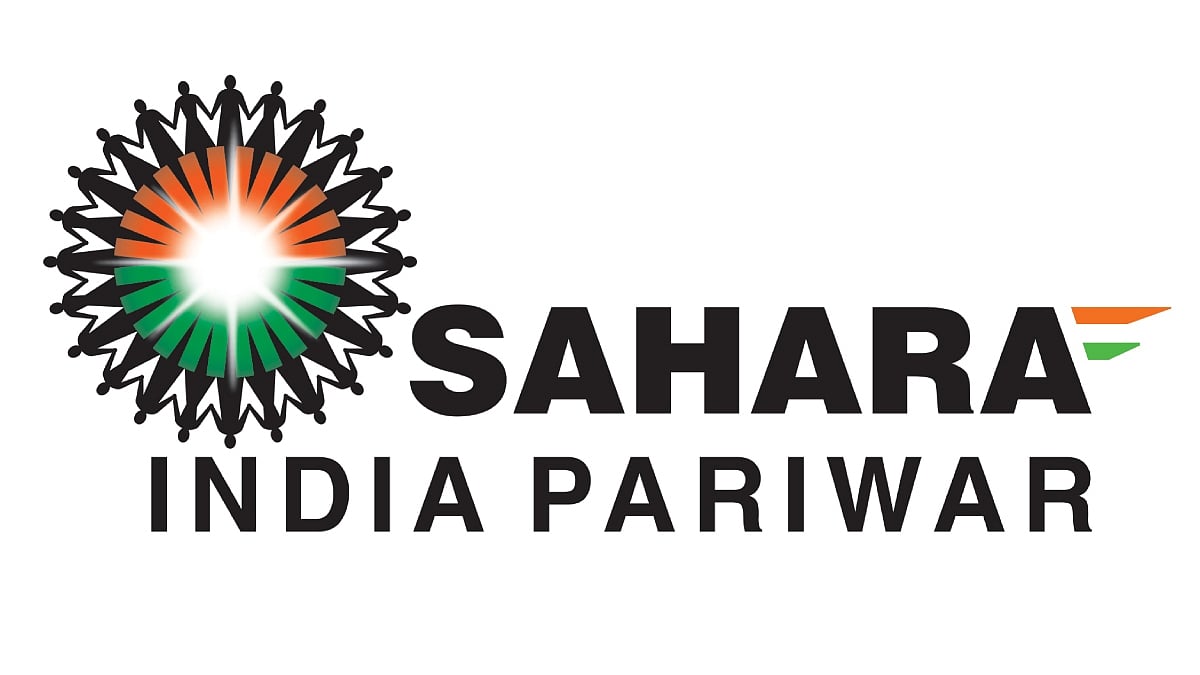In yet another bid to address the city's growing water need, the BMC has planned to increase the capacity of the water treatment plant at the Tulsi lake from 18 million litres per day (MLD) to 25 MLD. In the same regard, a consultant will be appointed soon to study and submit a feasibility report. Smallest among all the seven lakes that quench Mumbai's thirst, Tulsi can store a maximum of 8,046 million litres of water.
Existing water treatment plant (at Tulsi) is ageing
"The existing water treatment plant (at Tulsi) is ageing, so we will have to reconstruct it. The consultant will suggest to us whether we can increase the current capacity from 18 MLD to 25 MLD," said a senior civic official.

To tap alternative sources of water, the civic body has undertaken several projects such as setting up a desalination plant, the upgrade of seven sewerage treatment plants, etc. Middle Vaitarna was the last dam constructed by the BMC in 2012. Since then, Mumbai is still deprived of a major water supply source. The proposal of the Gargai dam has raised the citizens' hopes, but the project got stuck due to want of several clearances.
In search of new horizons, the BMC recently awarded a contract to construct a pumping station to divert excess water from the Vihar lake to the filtration plant at Bhandup complex. The plant will provide 200 MLD of water to the city during the monsoon period. At a whopping Rs2,000 crore, a new water treatment facility is also being built at the Bhandup complex.





